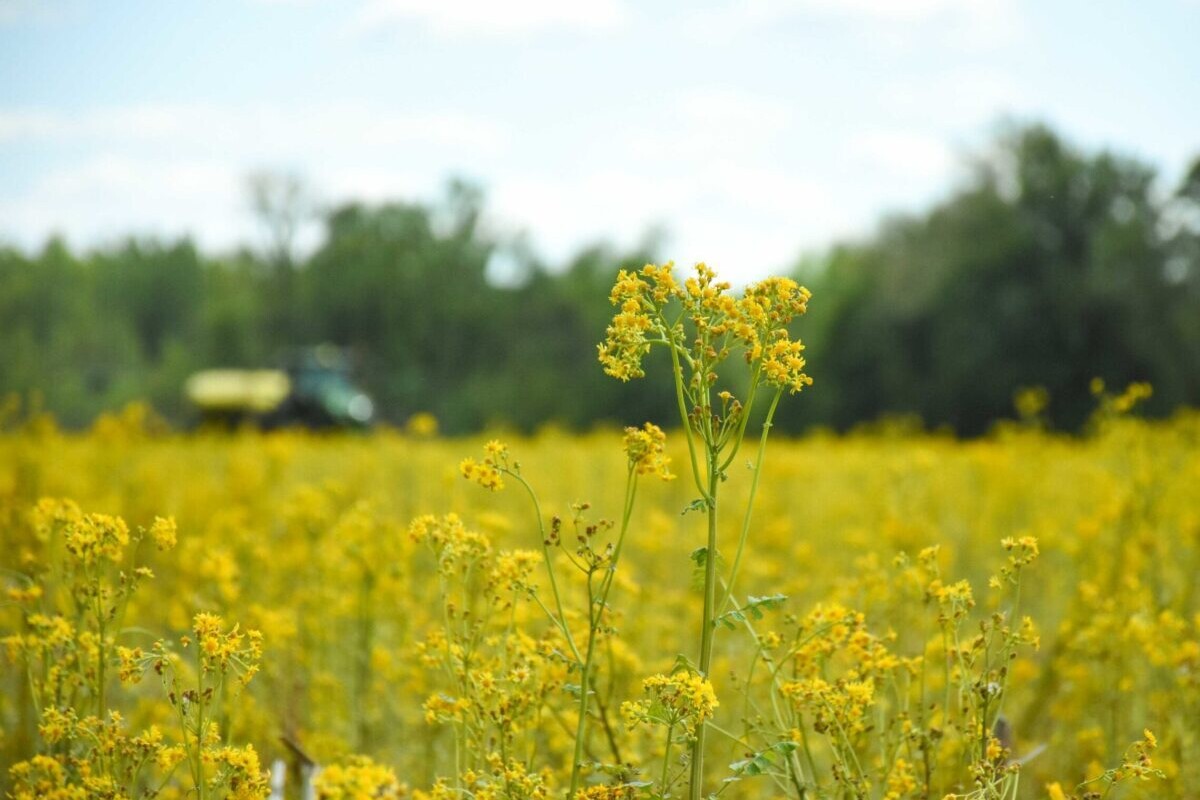Weed Suppression Using Brassicaceae Cover Crops in Organically Grown Peppers
Jason Norsworthy, Clemson University

Weed management strategies on most organic farms are comprised of multiple ecological approaches that strive to minimize weed emergence and interference. One component of most successful systems is the use of cereal and/or legume cover crops. Recently, research in Australia demonstrated that Brassicaceae (the cabbage plant family) cover crops offer a broader array of pest suppression. Additionally, potato producers in the Pacific Northwest have used Brassicaceae cover crops for pest suppression with success, including weeds. Brassicaceae cover crops are known to produce a range of “natural” pest suppressants, capable of diminishing weed, disease, insect, and nematode occurrence in subsequent crops. Objectives of this research were to a) compare in-field growth characteristics and biomass production of fall-planted Brassicaceae cover crops, b) determine fruit yield of bell pepper planted into mechanically terminated Brassicaceae cover crops, and c) characterize the suppression of an endemic weed population in the field in Brassica amended soil.
Region
Southeast
Topic
Weed Management, Cropping Systems
Category
Vegetables/Fruits
Date Range
2001-2010
Funding Amount
$9,900
Funding Year
2003Location
Clemson, South Carolina


